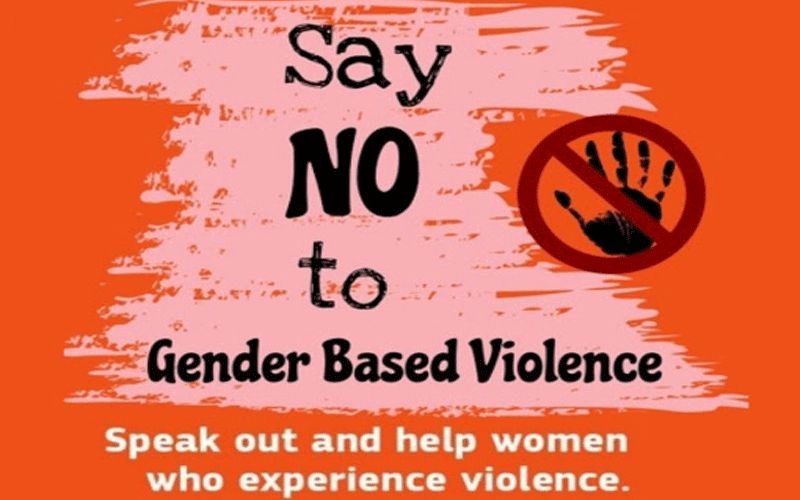“You may be stronger, shorter, pale, colored, male, or female,” he says and continues, “The bottom line is that we have the same life force in us. When the final act of the show ends and the curtain draws to a close, we shall each go the way of our ancestors.”
The Bishop who has been journaling his daily reflections on Facebook amid COVID-19 says that unlike the welcome darkness that accompanies clouds before rains, the darkness of rampant abuse “brings no joy to anyone.”
In his reflection number 192 amid the pandemic, the Ghanaian-born Prelate acknowledges the impact of COVID-19 on families, noting that the pandemic has made homes “a fertile breeding ground for violence.”
He explains, “People who normally spend lots of time apart and only a couple of hours at home daily, now had to spend all their time together in a confined space. This brought darkness to what seemed like happy families before.”
“Dark clouds indeed cover homes where a spouse assaults and abuses the other,” the Bishop of Gaborone in Botswana says.
Making reference to police reports indicating that one child is raped daily on average in the landlocked country, the 71-year-old Prelate bemoans the “darkness of abuse of children some as young as two years both boys and girls” and terms the acts as “terrible.”
“The perpetrators are parents, siblings, close relatives or neighbors,” the Bishop observes.
According to statistics by the United Nations Population Fund (UNFPA), over 67 percent of the women in Botswana have experienced abuse, a number that is higher than the global average.
As a way forward, Botswana’s Vice President, Slumber Tsogwane disclosed, in his October 9 address, that plans are underway to table a Bill in the next sitting of the country’s Parliament that seeks to ensure that perpetrators of GBV face “the wrath of the law.”
The Bill seeks to introduce a register where names of GBV perpetrators would be published and made available to the public, the Vice President said, adding that the Bill will seek to bar GBV perpetrators from working in areas with children such as in day care centers and other educational institutions.








